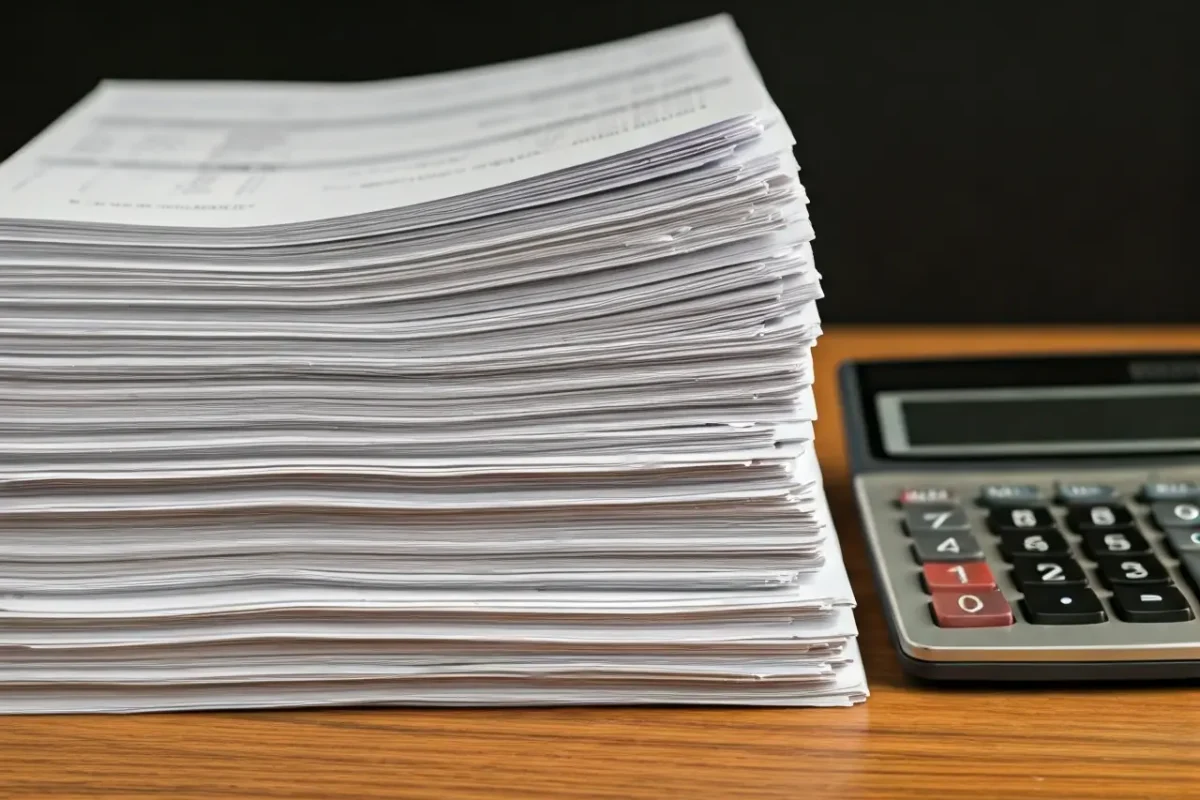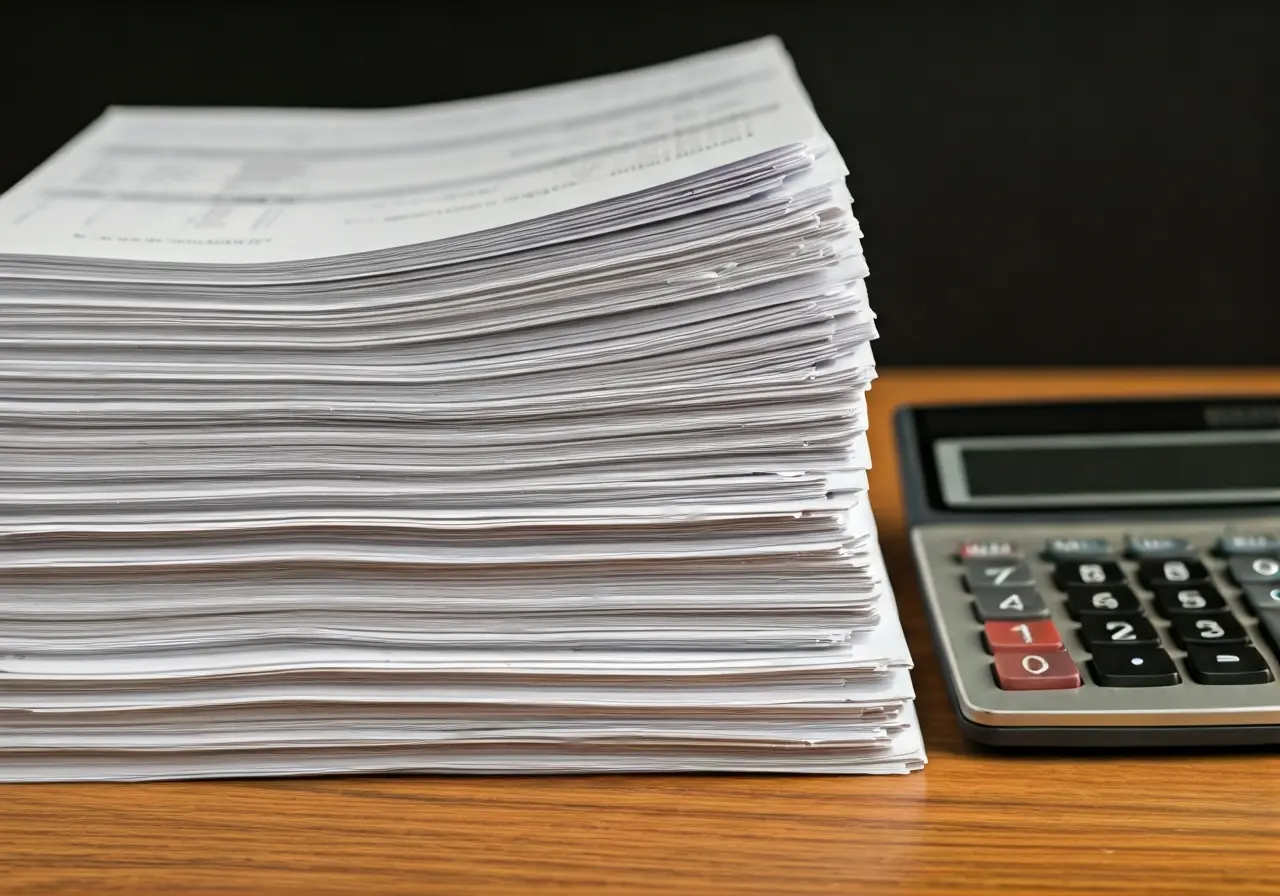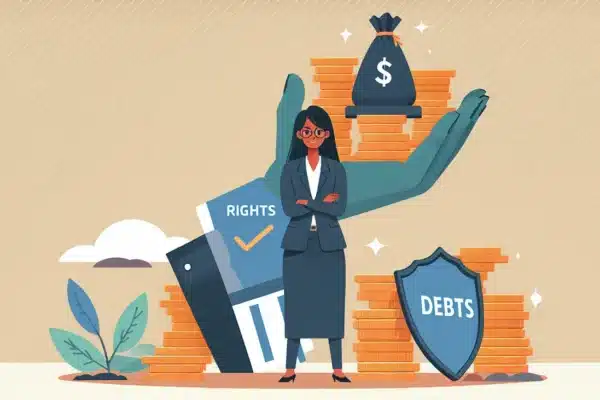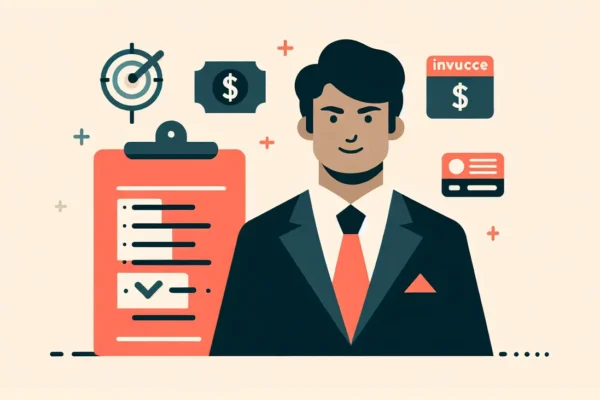When it comes to debt collection, many people assume that the process is the same regardless of whether it’s a commercial or personal debt. However, there are significant differences between the two. In this FAQ blog, we’ll explore these differences, providing you with a clearer understanding of how commercial debt collection works compared to personal debt collection.
What is Commercial Debt Collection?
Commercial debt collection refers to the process of recovering outstanding debts owed by businesses. It involves collecting unpaid invoices from one company to another, often with larger sums of money at stake.
Unlike personal debts, which often involve consumer goods or services, commercial debts usually arise from transactions between businesses. This can include unsettled invoices for products delivered, services rendered, or financial agreements not honored. The process might seem straightforward, but it often requires expertise in navigating business relationships and contracts.
Another key aspect of commercial debt collection is the use of credit reports and financial backgrounds to assess a company’s ability to pay. This step is crucial as it helps the collection agency develop an effective strategy for recovering the owed amount without jeopardizing future business relationships.
How is Personal Debt Collection Different?
Personal debt collection deals with recovering debts owed by individuals. This typically includes credit card debts, personal loans, or medical bills. The process and legalities differ significantly from commercial collections.
In personal debt collection, the relationship between debtor and collector is often less formal. Collectors must adhere to strict guidelines to ensure debtors are treated fairly and ethically. Personal debts involve closer examination of consumer protection laws, ensuring that individuals’ rights are not infringed.
The emotional aspect also plays a significant role in personal collections. Debtors might be dealing with financial hardship due to loss of employment, medical emergencies, or other personal issues. This increases the need for sensitivity and tact in communication and negotiation.
Regulations and Legal Considerations
Commercial and personal debt collections are governed by different laws and regulations. For example, personal debt collection is subject to stricter regulations under acts like the Fair Debt Collection Practices Act (FDCPA), which doesn’t apply to commercial collections.
The FDCPA provides specific rules on how collectors can communicate with individuals, offering protections against harassment or deceptive practices. On the other hand, commercial collections often rely more on contract law and require a different understanding of legal obligations between businesses.
It’s also important to mention that commercial debt collectors may sometimes deal with international clients, introducing additional layers of complexity, such as international trade laws and cross-border financial regulations.
Strategies and Approaches
The strategies used to collect commercial debts often involve negotiation and settlement, given the larger sums and business relationships involved. Personal debt collection might use more persistent tactics due to the smaller amounts and different debtor behavior.
In commercial debt collection, maintaining good business relationships is crucial. Thus, collectors often prefer negotiating payment arrangements or settlements that allow the debtor company to continue operations while fulfilling its obligations. This could involve extending payment terms or offering discounts for early payment.
Personal debt collection strategies may involve setting up manageable payment plans that align with an individual’s financial capacity. Collectors often communicate frequently to keep the debtor informed and engaged, reducing the risk of non-payment.
Technology has also made significant strides in both personal and commercial debt collections. Automated systems allow for efficient tracking of payments and communication, providing a more streamlined experience for both debtor and collector.
Wrapping Up: Key Differences in Debt Collection
Understanding the differences between commercial and personal debt collection is crucial for businesses and individuals alike. While both involve recovering owed money, the methods, regulations, and stakes can vary significantly. By being informed, you can approach each situation with the right knowledge and strategy.







